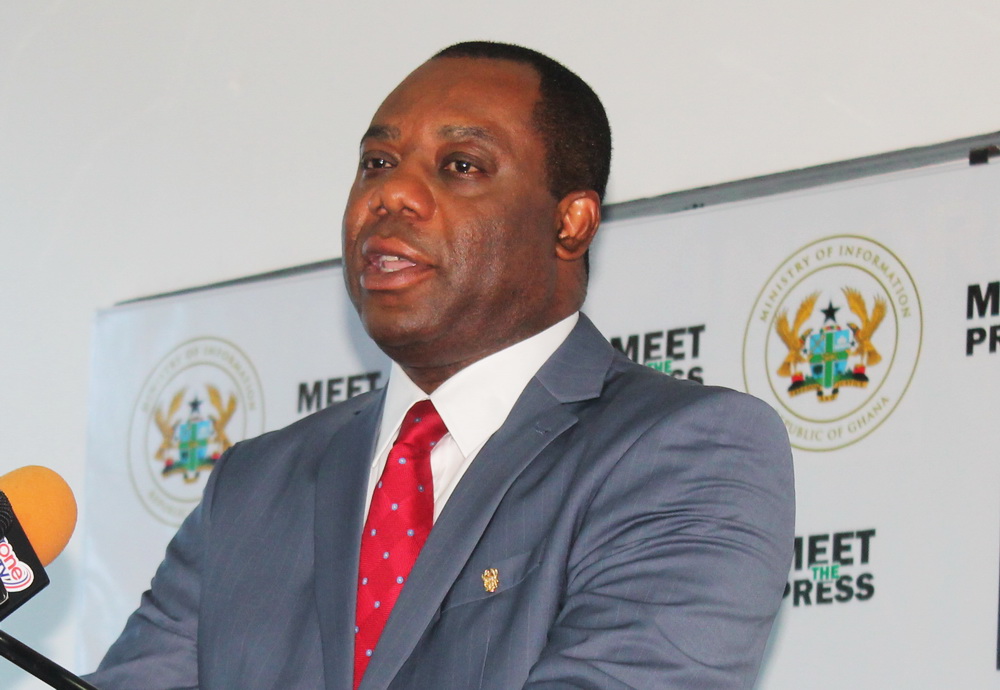
Disbursement of trainee allowances to begin September
The Student Loan Trust Fund (SLTF) will, from September this year, begin the disbursement of trainee allowances restored by the Akufo-Addo administration.
All teacher trainees who took student loans last year, after the Mahama administration had scrapped the allowances, will pay the loan, even after the allowances have been.
The Chief Executive of the SLTF, Nana Agyei Yeboah, told the Daily Graphic that although the allowances had been restored and students would receive them from September this year, those who took the student loans would have to pay them.
“The loans have nothing to do with the restoration of the allowances. Those who took them have an agreement with the trust and so they have to pay them,” he said.
In the 2013/2014 academic year when the trust began giving loans to teacher trainees, 2,647 students in public colleges of education benefitted.
The number of beneficiaries increased to 5,425 in the 2014/2015 academic year and 7,970 in 2015/2016 but declined to 6,013 in the 2016/2017 academic year.
During those three academic years, almost 3,000 students in private colleges of education also benefitted from the loans.
Nana Yeboah, however, said students at all levels in the colleges of education would, from September, begin to receive the trainee allowances.
He said the SLTF would disburse the funds in accordance with the modalities agreed upon with principals of the colleges.
Modalities
The principals have, accordingly, been asked to submit information, including the names of their registered students for the academic year, their levels, identification numbers, enrolment year, expected completion year, programmes of study and nationalities.
The students are also required to have E-zwich account numbers, valid and active phone numbers, as well as social security numbers
Those requirements, he said, were to prevent impersonation by people, including foreigners, who were not qualified to benefit from the allowances.
He said the disbursement of the allowances to the trainee institutions could be made either on a monthly or semester basis and beneficiaries were expected to receive equal allowances, unless otherwise decided by the government to pay according to programme categories.
Pros and cons
The Mahama administration scrapped the payment of the allowances in the 2013/2014 academic year and replaced it with loans from the SLTF, arguing that it would increase enrolment in the various colleges of education and reduce the financial burden on the government.
In December last year, a Deputy Minister of Education in the erstwhile NDC government, Mr Samuel Okudzeto Ablakwa, said the abolition of the teacher trainee allowances had increased enrolment in the colleges of education by 63.8 per cent.
He explained that before then, admission to the colleges was restricted by a quota system, with the colleges admitting only 40 per cent of their capacity in view of the financial considerations.
That, according to him, prevented many prospective applicants from gaining admission to the colleges and that resulted in teacher deficit in the classrooms.
He said with the scrapping of the allowances and the quota system, enrolment into the colleges of education increased from 27,000 to 47,000 in the 38 colleges.
According to Ministry of Education statistics, considering the current enrolment figure of 47,000 in the colleges, the government would have spent GH¢282 million on allowances last year if the allowances regime had been in place, since each student received GH¢500 a year.
However, the NPP, during its 2016 election campaign, insisted that the country still needed more teachers and nurses and pledged to introduce the allowances, since they served as motivation for many to attend nursing colleges and colleges of education.
